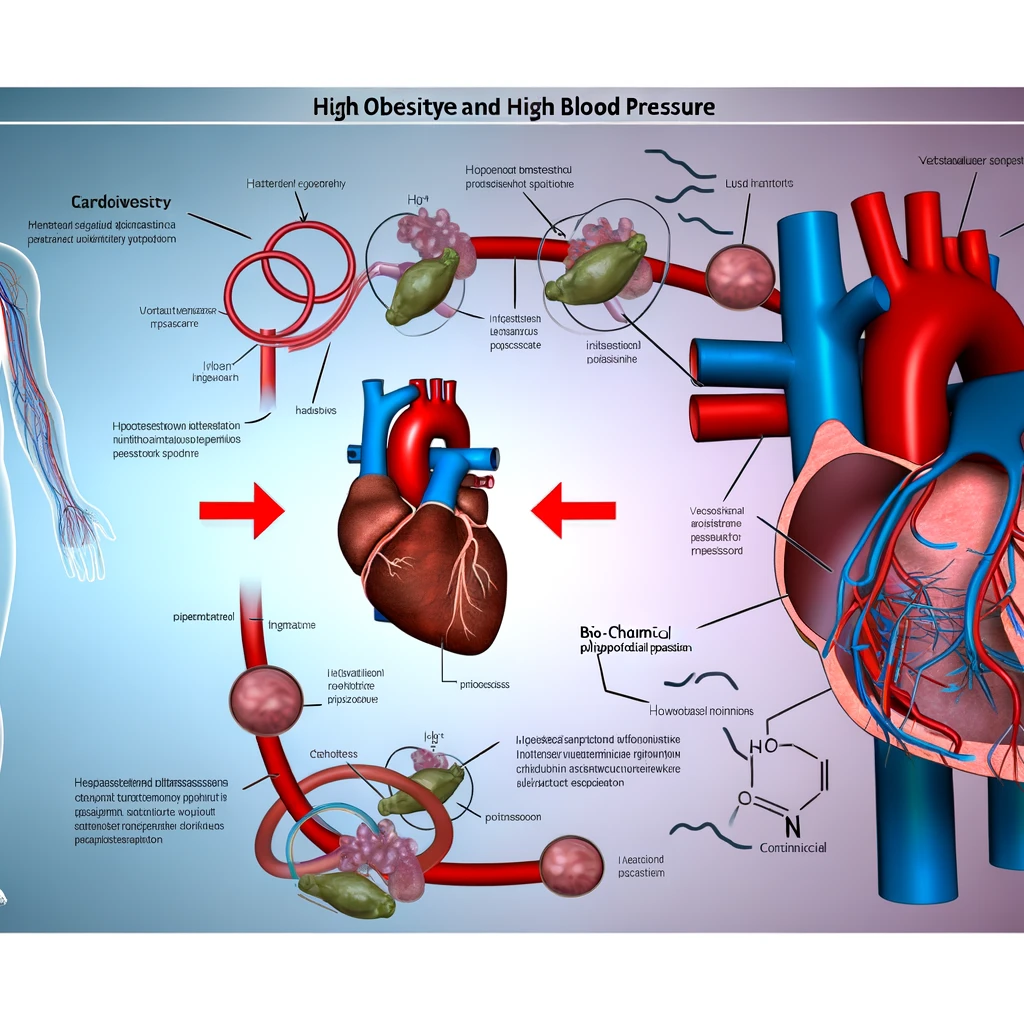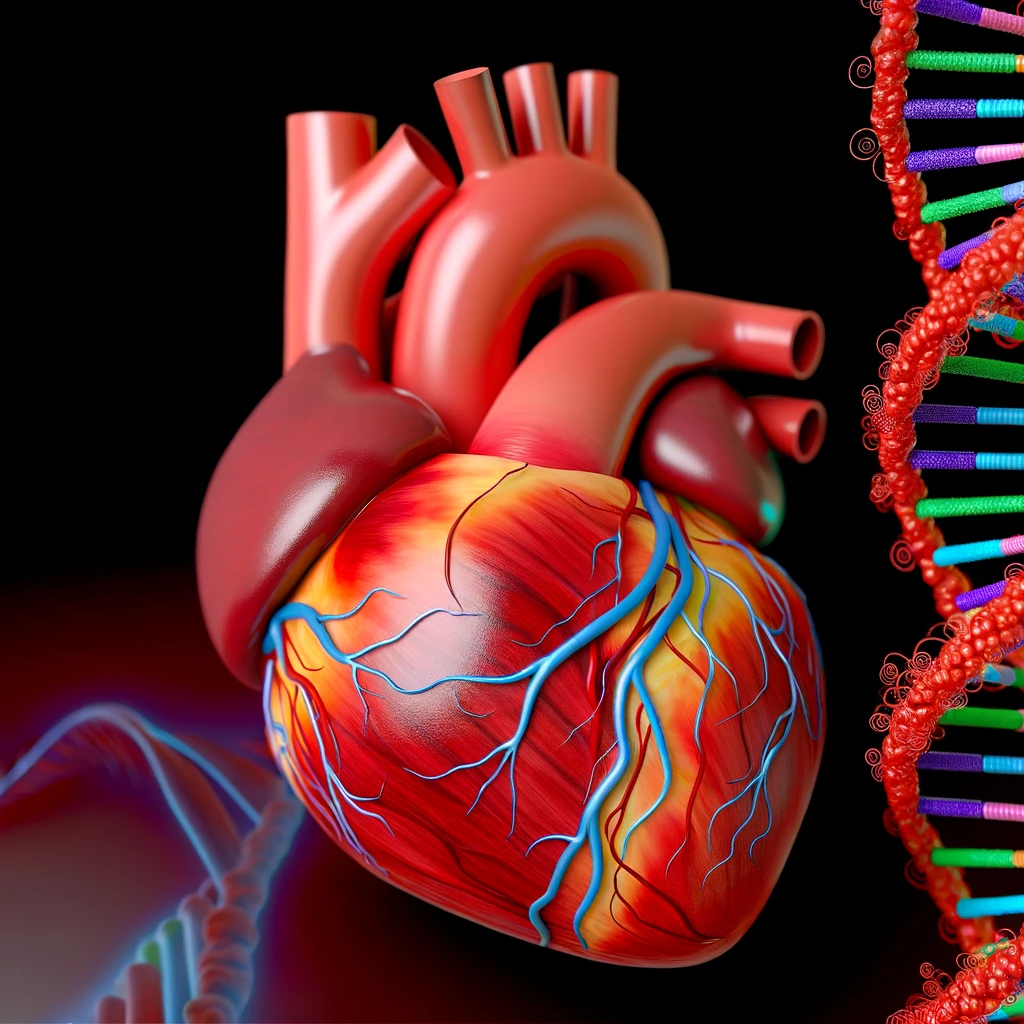Related Articles









As the prevalence of hypertension rises globally, many individuals are seeking effective and natural ways to manage their blood pressure. One approach that has gained attention is the adoption of a plant-based diet. This dietary choice emphasizes the consumption of fruits, vegetables, whole grains, nuts, and seeds while minimizing or eliminating animal products.
Hypertension, commonly known as high blood pressure, is a chronic medical condition characterized by elevated pressure in the arteries. It is often termed the 'silent killer' because it can exist without noticeable symptoms while significantly increasing the risk of heart disease, stroke, and kidney failure.
Several factors contribute to the development of hypertension, including genetic predisposition, obesity, excessive salt intake, sedentary lifestyle, and stress. Dietary choices play a crucial role in either exacerbating or alleviating this condition.
Adopting a plant-based diet offers numerous advantages that contribute to blood pressure management:
Numerous studies have demonstrated the positive impact of plant-based diets on blood pressure. A meta-analysis published in the Journal of Hypertension revealed that individuals following plant-based diets experienced significant reductions in both systolic and diastolic blood pressure compared to those consuming omnivorous diets.
Another study published in the American Journal of Clinical Nutrition highlighted that vegan and vegetarian diets were associated with lower blood pressure levels, further supporting the potential benefits of plant-based eating patterns.
Transitioning to a plant-based diet does not have to be abrupt. Begin by incorporating more plant-based meals into your routine and gradually reduce animal products.
Emphasize whole, minimally processed foods such as fresh fruits, vegetables, whole grains, legumes, nuts, and seeds. These foods provide optimal nutrition and support cardiovascular health.
While plant-based diets are nutritionally rich, it is important to ensure adequate intake of certain nutrients like vitamin B12, iron, calcium, and omega-3 fatty acids, which may require supplementation or careful planning.
Before making significant dietary changes, consult a healthcare provider or a registered dietitian to ensure that the transition aligns with your health goals and needs.
Managing blood pressure through diet is a practical and effective strategy, and adopting a plant-based diet can offer numerous health benefits. With its emphasis on nutrient-dense foods, low saturated fat content, and high antioxidant levels, a plant-based diet can be a powerful ally in the fight against hypertension. Transitioning to this lifestyle, with proper planning and support, may significantly improve cardiovascular health and overall well-being.